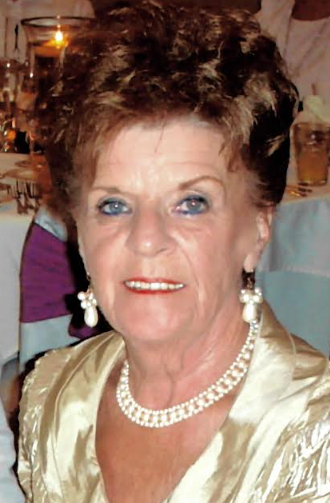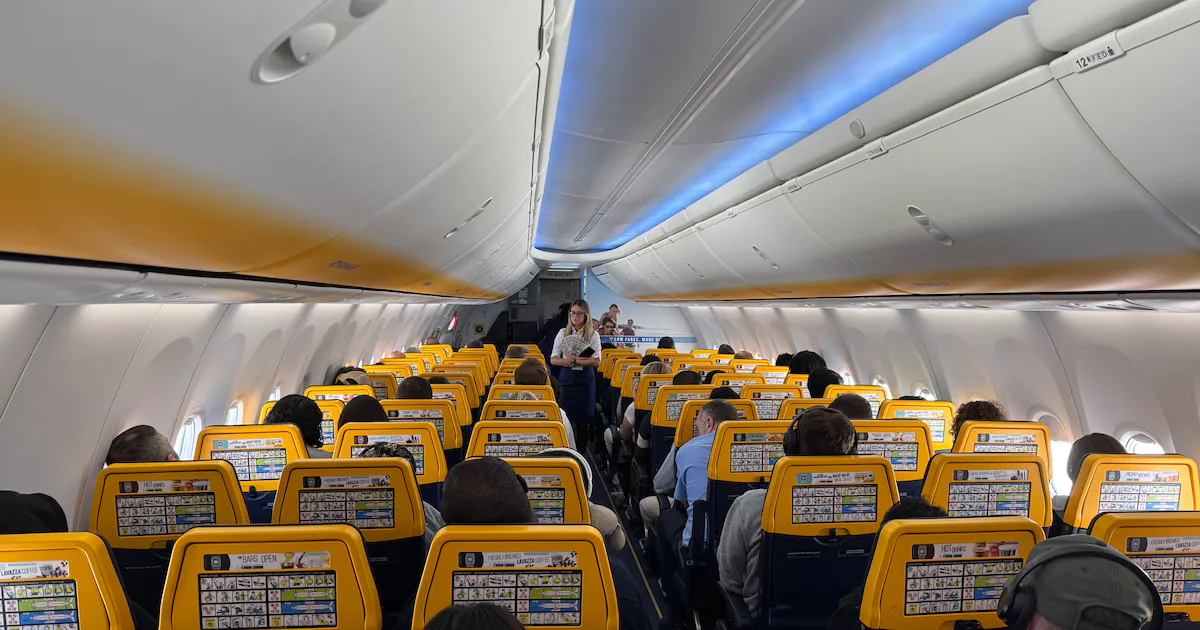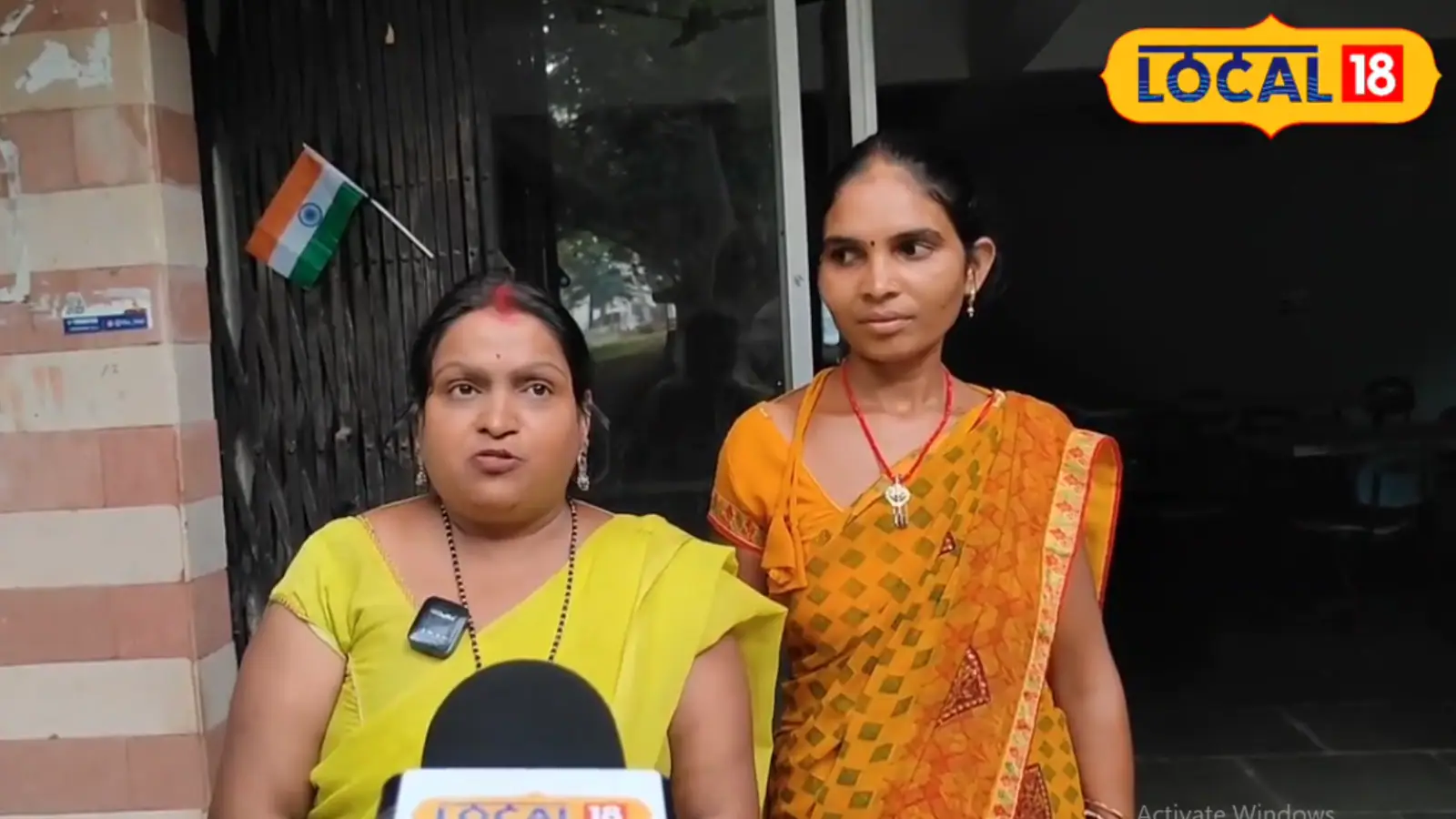By Thursday, 25 September 2025, 12:15 Pm Article: Gordon Campbell
Copyright scoop

doesn’t work part-time, which is one of the design flaws
in the government plans to amend the Holidays Act. Once the
revamped Employment Leave Act has gone through select
committee vetting and become law, part-time workers will
accrue sick leave only in proportion to the days they’ve
worked. No longer will they be eligible – as they are now
– for 10 days sick leave after being six months on the job,
and for up to 20 days over the years
thereafter.
Workplace Relations Minister Brooke van
Velden is selling this change as a “fairness” issue i.e.
to ensure that part-time workers will no longer get the same
number of annual sick leave days as full timers. There has
been no evidence that this theoretical injustice has been a
burden on employers, and/or has created workplace tensions.
Nor has there been any evidence presented that part-timers
have been abusing their current 10 day
entitlement.
The fallout from the “pro rata”
change being proposed will be felt most keenly by the groups
more likely to be employed part time i.e. women, Māori,
Pasifika and disabled workers. People in customer facing
jobs, mothers with childcare responsibilities and anyone
seeking a gradual return to full time work all stand to be
hit by the proposed change. As Jess Fuller – a retail worker
and member of the Workers First Union national executive –
has argued:
“It seems like they just don’t get
what it’s like to work a retail job and deal with sick
customers, when you also have kids in day care who bring
home all kinds of bugs. Having access to decent sick leave
is one of the reasons a young mum can go back to the
workforce after parental leave. I think this will just
increase the number of people forced onto welfare, and make
more retail workers come to work sick and spread germs to
customers. It’s also going to compromise an already
burnt-out workforce that’s struggling with low staffing
levels and low pay rates in the
Fuller’s main point is worth
repeating: some of the part-time workers in our bars, cafes,
restaurants and shops will soon have no choice but to come
to work while sick, especially given the current climate of
job insecurity, and chronic understaffing. How can this be
good for anyone running a business, or for anyone
Face it: ten days sick leave a year is not
wildly generous, given the severity and stubborn persistence
of the recent variants of colds, influenza and Covid.
Anecdotally, some workers in retail are already having to
draw on their annual leave to get by, when they fall ill.
The logical sense of offering all workers the same sick
leave entitlements – regardless of their part time or full
time status – used to be self-evident, back when New
Zealand was a less mean and miserly
Footnote : A pro rata system
makes more sense when it comes to the earning of annual
leave, which is taken voluntarily. Sick leave is
involuntary. Surely, we don’t want to force sick people to
be in the workplace, around food preparation and table
service, and out on the sales floor.
In the spirit of
bi-partisan horse sense, lets hope that when the Holidays
Act reforms get to the select committee stage, all of the
political parties and unions and employers alike can agree
on the fact that bugs and viruses work full time – and
therefore., the status quo on sick leave entitlements for
part-time workers should be retained.
As the NZ Herald has reported, the
nation’s business leaders have looked at our sinking GDP
figures, and came to the conclusion that Finance Minister
Nicola Willis and PM Christopher Luxon aren’t doing a very
good job. So, the captains of industry have ruthlessly
ranked both of them outside their list of top ten Cabinet
performers.
Yet hang on. When the Cabinet Ministers
rated above them are Simeon Brown at six, Judith Collins at
seven, Brooke van Velden at eight, and Shane Jones at nine,
then maybe Willis and Luxon should be taking this as a
back-handed compliment. In case you’re wondering, Erica
Stanford is Boardroom NZ’s runaway favourite
politician.
Amid the schadenfreude, one can feel a
twinge of compassion for Willis. It must be tough to have
spent your entire life in the political trenches doing your
best to please and further enrich your corporate sponsors,
and then watch them turn around and publicly express their
displeasure with you. Sad!
Even so, Willis has only
herself to blame, not that she ever would. As the great
American nature scientist John Burroughs (1837-1921) once
said: “You can fail many times, but you’re not a failure
until you begin to blame somebody else.” Mission
accomplished.
Diplomacy, in whispers
week, New Zealand has been keeping its
position on Palestinian statehood under wraps, as if this is
a complex decision (it isn’t) and that we need to furrow
our brows and get more information before we make the final
call (We don’t). It has been clear all along what our
final decision will be. We just want as few people as
possible to notice it.
To that end, the over-riding
aim has been to say nothing to displease the Americans,
while trying to look as though we’re only Australia’s
reluctant “plus one” on Palestine. Foreign Minister
Winston Peters is also hoping that by the time we finally
get around to publicly adding our five cents on Palestine,
most of the Western media will have packed up and gone
All the same…the Western nations that did take
the plunge earlier this week and formally recognised
Palestine’s right to exist, were still only making a
symbolic gesture. Why are they making it now? Because the
governments of France, the UK, Canada etc are all under
pressure to placate the huge numbers of protesters at home
who are incensed at the genocide being perpetrated in Gaza
by the Netanyahu government and its US sponsor. Statehood is
an attempt to make it look as though Western governments are
doing something on Palestine – even if it means
cantering around the same track on that tired old nag, the
two-state solution.
As the veteran negotiators Robert
Malley and Hussein Agha recently
pointed out in their book Tomorrow is Yesterday,
the two-state solution became a global goal only
after it was no longer viable. Under the Oslo Peace
Accords in the 1990s, the Palestine Liberation Organisation
had renounced terrorism and recognised the state of Israel,
thereby creating an opportunity for a land-for-peace trade
to become a reality. This trade was never going to
Instead, and while the Oslo Accords were still
being taken seriously, Israel was encouraging settlers to
build on the very land being touted as the basis for a just
and lasting peace. Only after the settlements had become a
reality did the West suddenly develop an enthusiasm for a
“two-state solution” that had never been debated in good
faith during the Oslo process, and that was now no longer
possible. After 30 years of these deadly charades, countries
like New Zealand still cannot bring themselves to publicly
criticise Israel (much less sanction it) in any significant
Quite the contrary. Once again, New Zealand and
the rest of the Western world is demanding that the
Palestinians make all of the concessions up front. As
in: release all the remaining hostages unconditionally, and
disarm unilaterally in return for…absolutely nothing. No
matching commitments are being demanded of Israel to respect
a truce, cease the genocide, withdraw the IDF from Gaza,
allow the entry of a UN security force, allow in an
unfettered amount of food aid and medical supplies, and
prevent an influx of Israeli settlers into Gaza – let alone
commit in any way to what a future Gaza administrative body
might look like.
No wonder the Hamas negotiating team
in Dubai have baulked at such a totally one-sided
“deal.” No surprise either that Israel tried to kill
them, right in the middle of what were supposed to be
negotiations for a lasting peace. If and when Hamas ever did
comply with the West’s demands, Israel would be left
absolutely free to resume its onslaught. In that respect,
securing the unconditional return of the remaining hostages
would be a reward to Israel, for committing
Regardless, here we are. New Zealand is
using its tardy gesture on statehood to demand further
concessions from the Palestinians and to bang on again about
much we support the mythical two-state solution. Even if
Israel hadn’t repeatedly denied Palestine’s right to
exist, where, pray, might this imaginary Palestinian state
be built? On the West Bank perhaps, in some kind of
federation arrangement with Jordan?
Even that limited
scenario would still require Israel to remove the existing
Jewish settlements on the West Bank, a step that’s
impossible to imagine ever happening. Neither Christopher
Luxon nor Winston Peters have ever been asked (let alone
offered) to identify the land on which they think a
Palestinian state might be built. As the Guardian noted
Robert Malley and Hussein Agha
describe the two-state solution as a meaningless distraction
and a performative notion used by diplomats for 30 years to
avoid finding real solutions. They say without practical
steps to make Israel engage, “the offer of recognition
won’t change the life of a single
Palestinian”.
Those “practical steps to make
Israel engage” would include enacting sanctions against
the state of Israel; advocating for an arms embargo to
prevent the weaponry being used to commit a genocide; a
trade and sporting boycott; and an active domestic and
international divestment policy. It would also mean imposing
personal sanctions on all members of the Israeli Cabinet,
given that they share collective responsibility for the IDF
actions in Gaza.
If we did enact and advocate for
sanctions, embargoes and boycotts, and did urge larger
countries and economies to do likewise – such a stance
would be entirely consistent with how we (a) helped to bring
down the apartheid regime in South Africa and (b) sanctioned
Russia over its actions in Ukraine. We need to admit that
the two-state solution is a lost cause, and act
accordingly.
Footnote: BTW Israel’s
claim that by recognising the state of Palestine, the world
is giving a reward to terrorists is not only factually
wrong, but deeply ironic. After all, the state of Israel
came into being in 1948 as a direct result of terrorist
actions taken by Jewish extremists, who – among their
other acts of violence – killed 91 people when they bombed
the King David Hotel in Jerusalem.
Soon afterwards, an
even more radical Jewish terrorist faction assassinated
Count Folke Bernadotte, the UN mediator who had been (a)
trying to negotiate a truce between Jews and Palestinians
and (b) devise a partition plan to resolve the
Israel/Palestine dispute, via what we would now call a
two-state solution. Meaning: given its own blood-soaked
history of state formation via terrorism, Israel is hardly
in a strong position to decry terrorist acts being committed
against the agents and allies of occupation forces.
that point…as Malley and Agha point out, the current
atrocities by Hamas and by the IDF are not aberrations, but
look more like historical re-enactments of the horrors of
Israel’s foundation. As they say, we are now back before
Oslo, before the 1967 borders, before even 1948. Israel may
talk about its need for security, but its actions in Gaza
and on the West Bank are more about affirming its
It really shouldn’t be feeling so
insecure. Israel has the world’s richest and strongest
military power as its unquestioning ally. It commands the
strongest military forces by far in the region. It is the
only nuclear power in the Middle East. Yet still Israel
plays the victim card. It has options. For his own reasons
though, Benjamin Netanyahu is choosing the path of eternal
war. As a consequence, a solution that serves both sides is
as elusive now as it was in 1948. Even people who know their
history, can still be doomed to repeat
© Scoop Media



